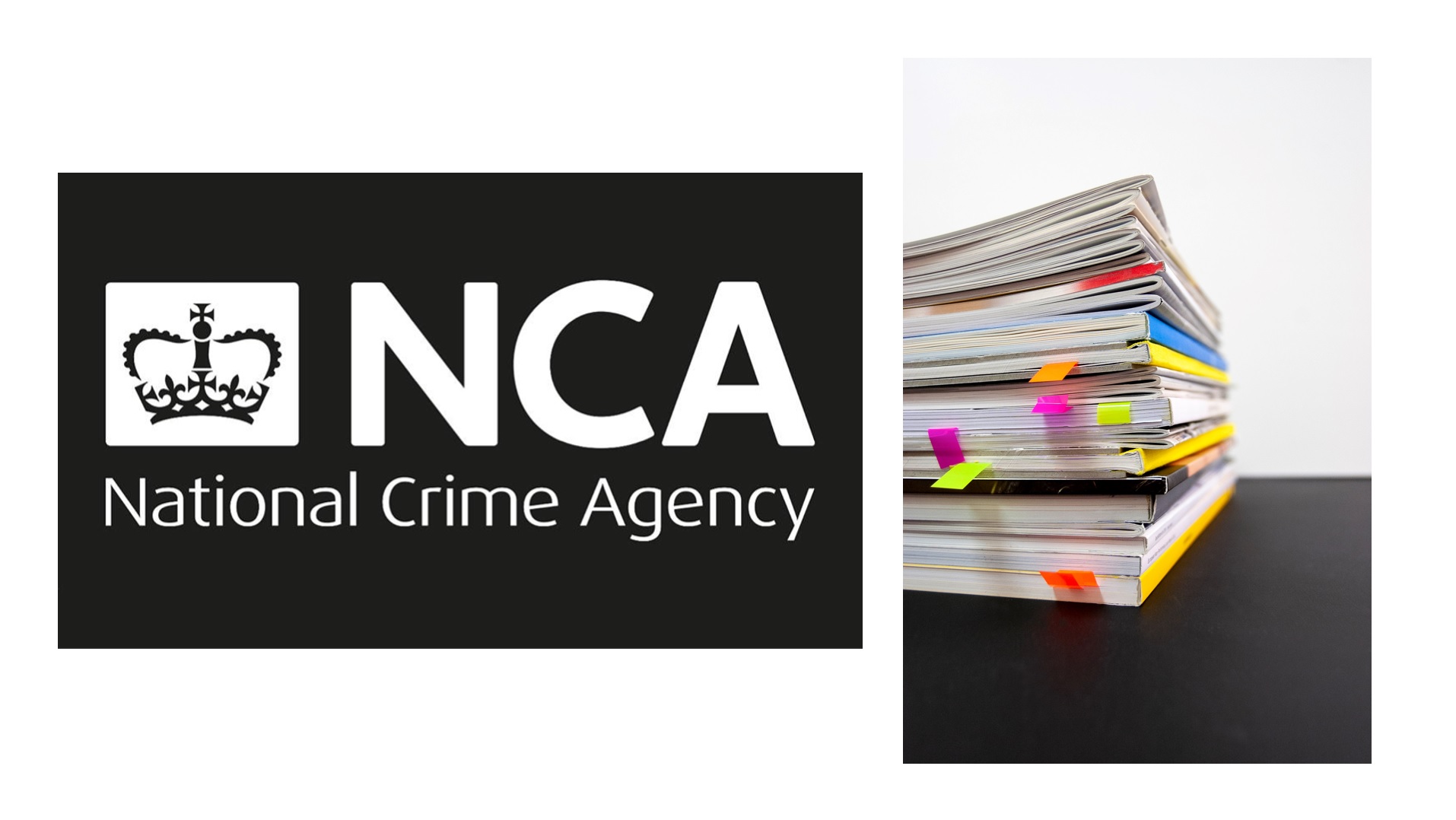
By Rachel Dettmer
Financial crime is a living, breathing threat – and an unpredictable one.
So what are the trends and developments in the market and how is industry preparing and responding to these across the EU and UK?
Here we explore the main issues affecting AFC professionals – from crypto and sanctions to emerging technologies and Corporate Sustainability Due Diligence:
Crypto Regulation: New Developments and Concerns
Cryptocurrency regulation has been a hot and widely debated topic for the past few years.
In 2020, The European Commission Introduced the Digital Finance Package.
In 2023, the reigns passed from legislators to regulators and on May 16 last the Markets in Crypto-Assets (MiCA) regulation was adopted, making it the first legal framework for the crypto sector in the European Union.
“I am very pleased that today we are delivering on our promise to start regulating the crypto-assets sector. Recent events have confirmed the urgent need for imposing rules which will better protect Europeans who have invested in these assets and prevent the misuse of the crypto industry for the purposes of money laundering and financing of terrorism” – Elisabeth Svantesson, Minister for Finance of Sweden.
However, while the EU powers ahead, the UK Treasury Committee raised concerns in a new report over the plans to regulate unbacked crypto assets such as Bitcoin or Ether as a financial service due to their price volatility and the risk of significant consumer losses.
This was partly influenced by the high-profile failings within the crypto industry during 2022.
Instead, the Committee recommends that the ‘Government regulates retail trading and investment activity in unbacked crypto assets as gambling rather than as a financial service’ (Paragraph 52).
The industry body, Crypto UK, responded to the Committee, saying it had overlooked the potential benefits and use cases, such as improving efficiency and reducing the cost of making payments.
Experts also noted that regulating crypto like gambling would not reduce the risk of scams or volatility.
While the Government is working to make the UK a hub for innovation and to keep pace with industry developments, the Committee has recommended a balanced approach to supporting the development of crypto asset technologies, not just one that aligns with their goals.
The Government has two months to respond to the Committee.
Rogue Russia – Enforcing Sanctions
Russia’s invasion of Ukraine brought money laundering into sharp focus in 2022.
Major Russian banks were excluded from the financial system, and unprecedented economic sanctions were imposed.
New legislation, such as the UK’s Economic Crime and Corporate Transparency Bill, were fast-tracked, and the European Commission proposed to fine companies at least 5% of their worldwide gross revenue if they broke EU sanctions against Russia.
Additionally, the FATF boldly suspended Russia’s membership earlier this year.
The focus of EU and UK regulators is now shifting from implementing new sanctions to aggressively strengthening and enforcing existing ones, and organizations can expect increased scrutiny.
Historically, banks and financial institutions have been subject to some of the biggest fines for sanction violations. However, compared to previous programs, the sanctions against Russia are in a league of their own due to their sheer volume and complexity.
Banks and financial institutions need to pay close attention to their sanction screening infrastructure and ensure they have a robust framework with sophisticated controls in place to avoid regulatory action.
The UKs Economic Crime Plan
After a nine-month delay, the UK Government published its three-year Economic Crime Plan in March.
The plan acknowledges that economic crime is unabated and that high-end money laundering methods are being used to launder up to £100 billion through the UK every year, threatening national security and sustainable economic growth.
The report outlines three primary goals:
- Reduce money laundering and recover more criminal assets
- Combat kleptocracy and drive down sanctions evasion
- Cut fraud
This is an excellent effort for enhanced cooperation between Government, law enforcement, supervisory agencies, and the private sector.
However, there are concerns that the strategy could be ineffective without appropriate government funding. There also needs to be a more long-term and judicial response to transnational illicit finance.
Regardless, as this plan unfolds, compliance teams will need to take note of the strategy and delivery dates assigned to each action point. Case studies have been included throughout the report to provide context and outline the best practices to observe.
Emerging Technologies – Threats and Opportunities
Synthetic Identity Fraud (SIF) is one the fastest-growing types of financial crimes.
Thanks to data science models like AI, machine learning, and deep learning technology, criminals can modify or construct video, images, and audio, particularly for loan and credit services.
These cunning and sophisticated tactics usually combine real and fake information, blurring reality and making it even harder to detect fraud.
However, on the opposite side of the coin, banks and financial organizations can also use AI, machine learning, and deep learning models to their advantage.
For example, Customer Due Diligence has notoriously been one of the most expensive and complex activities in the customer lifecycle, affecting the ability to make sound risk-based decisions.
Yet banks and financial institutions adopting AI-powered KYC and Ongoing Monitoring solutions are seeing the value and reaping the rewards as they create efficiencies, lower costs, and enhance decision-making to better manage risk.
Of course, there will always be valid concerns and questions about anything new, and that is no different for the application of data science models in compliance, but these models create an opportunity for programs to get the true value out of their analysts and investigators to successfully counteract criminal activity.
Corporate Sustainability Due Diligence – Protecting Human and Environmental Rights
The 2022 Corruption Perceptions Index (CPI) shows that most countries are failing to stop corruption due to a reduction in accountability and transparency measures.
Yet, protecting human and environmental rights is crucial in the fight against corruption and to ensure the future stability of the global economy.
This is a key priority for the European Union, and in February 2022, the Corporate Sustainability Due Diligence Directive (CSDDD) was unveiled, requiring all EU companies to audit their suppliers across the entire global supply chain to address adverse human rights and environmental impacts.
The draft was adopted by the European Council in December but is still being debated by the European Parliament. The final vote for the European Parliament Plenary is expected to take place on June 1st. Once approved, EU member states will have two years to transpose the directive into their national laws.
While it is still unclear how many UK companies will fall in the scope of the new EU legislation, due to the cross-border nature of modern business, there is an expectation that they will still need to comply.
To prepare, corporates should start to conduct thorough and ongoing risk assessments to identify, mitigate, and respond to supply chain risks and fulfil due diligence obligations.
Consulting with global financial crime advisory experts or deploying third-party compliance software are also two practical approaches to mitigating supply chain risks.
Final Thoughts
Financial crime compliance never stops evolving, and with so much change flooding the market, navigating regulatory obligations while staying compliant can be a daunting task for many.
At AML RightSource, we combine industry-leading expertise and cutting-edge technology to provide our partners with customized financial crime compliance solutions.
If you want to find out more about how we are reimaging compliance, please feel free to reach out to the team at AML RightSource on www.amlrightsource.com
- The author is Brand Content Manager – Solutions for AML RightSource
Share this on:
Follow us on:








